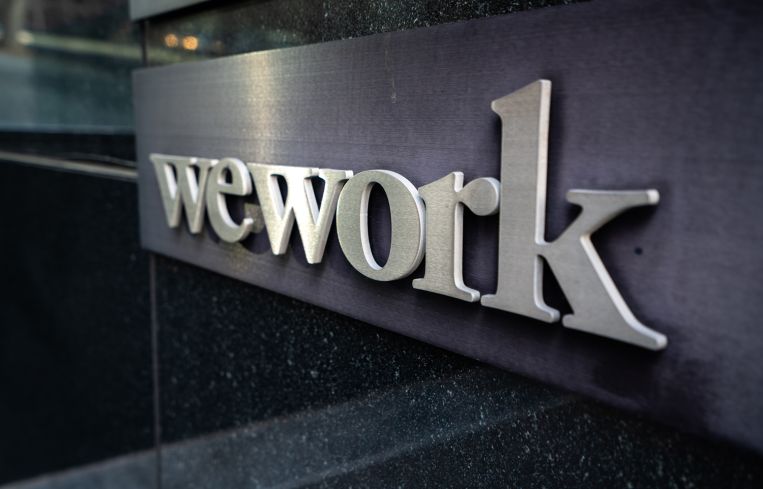Why Coworking’s Growth This Time Is Different Than in the Past
By Marc Balamaci June 5, 2025 10:02 am
reprints
The coworking sector has come a long way from the meteoric rise and high-profile crash of WeWork. Today, it’s not only stabilizing — it’s growing. Driven by the continued shift to hybrid work, the demand for flexible, scalable office solutions is on the rise, attracting both startups and enterprise users looking for a middle ground between the inflexibility of traditional leases and the freedom of remote work.
Major providers like Regus and Industrious are actively expanding, even as WeWork’s bankruptcy has served as a cautionary tale about the dangers of unchecked growth and inflexible business models. The difference now is that operators are learning from the past. Rather than committing to large, long-term leases, many are opting for more agile agreements, including management contracts, landlord partnerships and profit-sharing structures that reduce risk while still offering value. Today, coworking is all about flexibility — not just for tenants, but for operators as well.
As with virtually every aspect of life, the pandemic was a turning point for the coworking sector, both pausing the industry and allowing time to evaluate and redirect. Post-COVID, there’s a stronger emphasis on smart, sustainable growth, and many operators are focusing on profitability over rapid expansion. Roughly one-quarter of coworking locations are still not generating a profit, but the ones that are succeeding are leaning into innovation and efficiency, and technology is playing a key role.

Digital booking systems, access control and analytics tools are making operations leaner and more responsive. At the same time, there’s a rise in niche offerings like coworking spaces that cater to specific industries, prioritize wellness, or blend work with retail and hospitality. These tailored approaches appeal to diverse (and younger!) users while creating stronger communities.
Geographically, coworking is expanding well beyond the urban core. Suburban areas and secondary cities are emerging as hot spots, fueled by the migration patterns of remote workers during the pandemic to outside of major metropolises. Now that more people are working closer to, or at, home, demand is up for convenient, community-driven office space that is easy to get to and offers a respite from the home office.
Large companies are also driving coworking growth, utilizing them for satellite offices, temporary swing space, and to support hybrid teams without locking into inflexible, long-term leases. For enterprise companies, coworking provides a terrific opportunity to embrace hybrid work without missing out on the collaboration or structure of an in-office schedule, and is helping coworking to solidify its role as a serious solution in corporate real estate strategies.
The Washington, D.C., metro area is performing particularly well. With one of the highest numbers of coworking spaces in the country, the region boasts a strong user base that includes government agencies, nonprofits and tech firms. While Downtown D.C. continues to be a hub for coworking activity, there’s steady expansion in bedroom communities in places like Northern Virginia and Montgomery County, Md., where professionals are looking for space closer to home.
Looking ahead, forecasts suggest the global coworking industry could grow from $23 billion today to over $80 billion by 2034. And that growth is expected to come from a mix of technology integration, wellness-focused design, and sustainable operations. Natural light, green materials, and wellness programs are becoming standard in modern coworking spaces, supporting both productivity and employee wellbeing.
Ultimately, coworking is no longer just a stopgap or a novelty. It’s becoming a foundational part of the modern workplace ecosystem. As the sector continues to evolve, coworking’s adaptability, diversity and user-centric design makes it well-positioned to thrive in a world where flexibility isn’t just nice to have — it’s essential.
Marc Balamaci is a partner at brokerage services firm KLNB.



